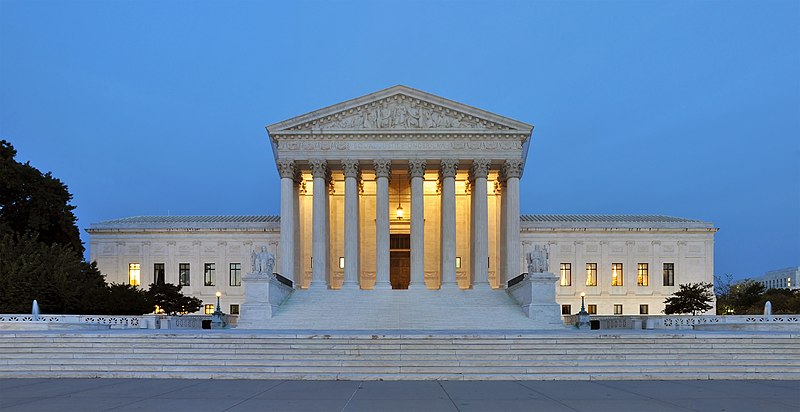Days after the passing of Supreme Court Justice Ruth Bader Ginsburg, President Trump and Senate Majority Leader Mitch McConnell are already eager to rush through the Senate a replacement to serve a lifetime term on the high court. Democratic senators and two of their Republican colleagues—Susan Collins of Maine and Lisa Murkowski of Alaska—have said they’ll await the results of the election before voting on whether to confirm a nominee. Every senator of conscience should do the same. The last thing we need now is a hasty Supreme Court confirmation process fired by the partisan heat of an election.
That’s what McConnell himself said four years ago when he blocked the nomination of federal judge Merrick Garland to fill the seat vacated when Supreme Court Justice Antonin Scalia died on February 13, 2016. “The American people should have a voice in the selection of their next Supreme Court justice,” McConnell said in a statement that day, going on to say the court vacancy should not be filled until after the election nine months later.
Now the case for letting the people speak is unassailable: This year’s election has already begun. Early voting is underway in Virginia, Michigan, Wyoming, and several other states and will start elsewhere across the country in the coming weeks. Millions of mail-in ballots have been sent to voters, with many already returned, to avoid crowded polling centers amid the COVID-19 pandemic. To fast-track the Senate confirmation process—while people are actively casting their votes—goes beyond rank hypocrisy. It’s the kind of cynical power politics that can undercut public confidence in the promise of good governance, the sanctity of an independent judiciary, and the integrity of our democracy itself.
“Injecting a Supreme Court confirmation fight into this noxious mix will unalterably change and diminish the public’s faith in this vital institution,” 10 former federal judges warned in a letter Tuesday, calling on senators from both parties to withhold consideration of any Supreme Court nominee until after the January 20 inauguration. The group, which included judges nominated by both Republican and Democratic administrations, said the Supreme Court confirmation process is becoming “dangerously politicized.”
It’s time to let the people speak, so the president we choose can pick Justice Ginsburg’s replacement.
This is what elections are all about—to define what we care about as a nation. Do we care about racial justice? Do we care about affordable health care, a woman’s right to choose, and protection from gun violence? Do we care about defending democracy itself, in a year when the Supreme Court could well determine the outcome of what may be the most litigious presidential election in history? And do we care about the commonsense safeguards we all depend on to protect the environment and public health; to protect clean air and water; and to fight the climate crisis that’s bringing hazard and harm to our families, communities, ranches, and farms, from the heartland to the sea?
That’s all on the ballot this year. It’s all before our courts. The nation is speaking to these issues now. We’re casting our votes and we deserve to be heard.
Justice under the law is a cornerstone of American democracy. It depends, absolutely, on the faithful interpretation of our laws by an independent judiciary, guided by the Constitution and the laws Congress enacts, without fear, favor, or political influence. From the day he took office, Trump has worked to subvert that pillar of our democracy, making clear his belief that the law doesn’t apply to him. He has habitually disparaged judicial rulings that hew to the Constitution rather than his personal agenda; recklessly overturned judicial actions with improvident pardons and commutations; obstructed justice and pressured others to do the same; and attacked the Constitution he swore an oath to defend—even dispatching federal agents to attack peaceful demonstrators in front of the White House, actions better suited to a totalitarian state than the world’s oldest democracy.
That makes it all the more important that the Senate conduct the thoughtful and thorough review necessary to assess a nominee’s qualifications to serve on the highest court in the land. This is no time for the Senate to subject its constitutional advise and consent duties to the partisan atmospherics of an ongoing election, even as Americans stand in line to cast our votes.
Our democracy will not be subverted. Our voices will not be stilled. Let our votes be counted, let our voices be heard, so our leaders may know the will of the people before seating a Supreme Court justice for life.

